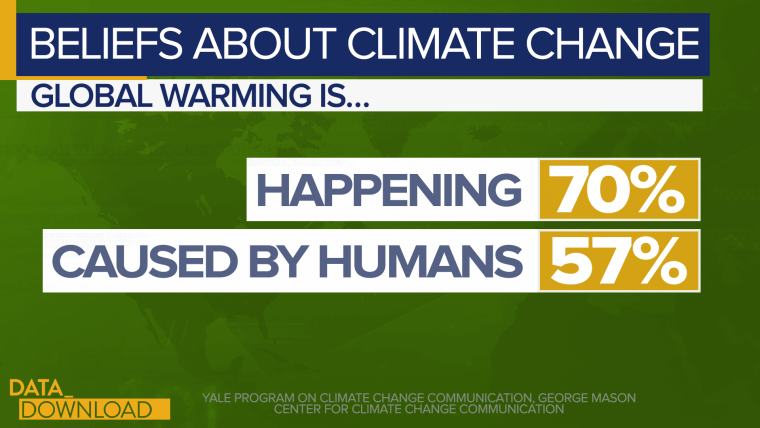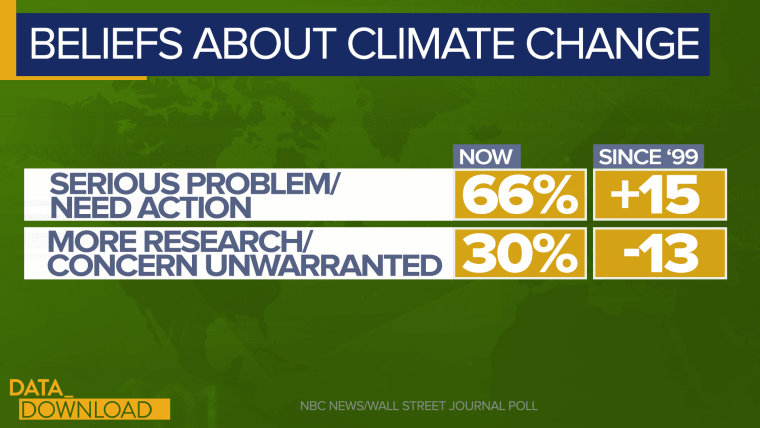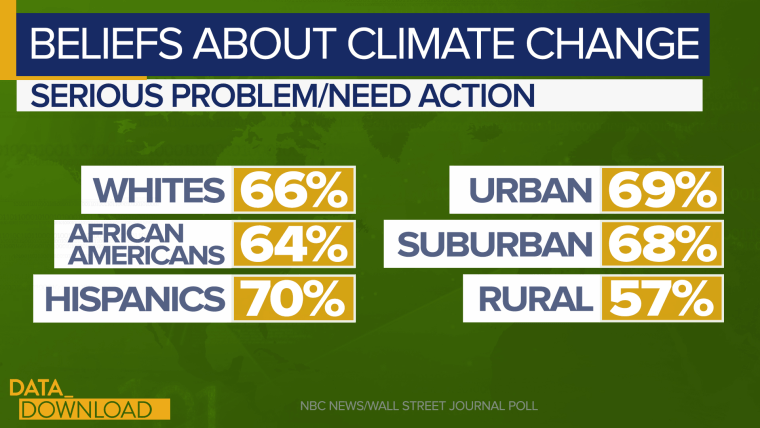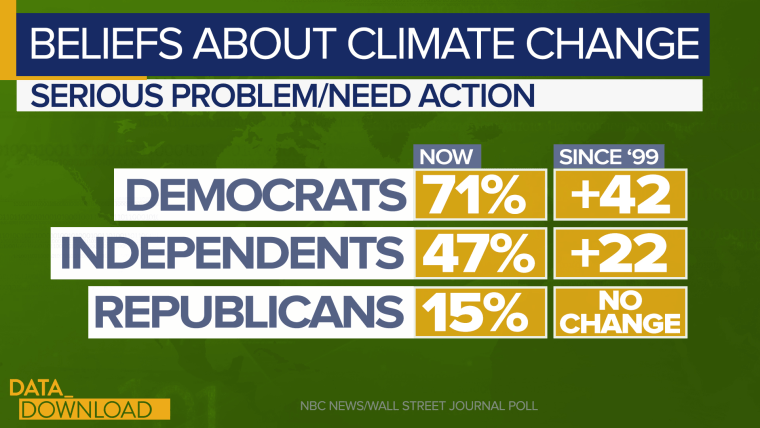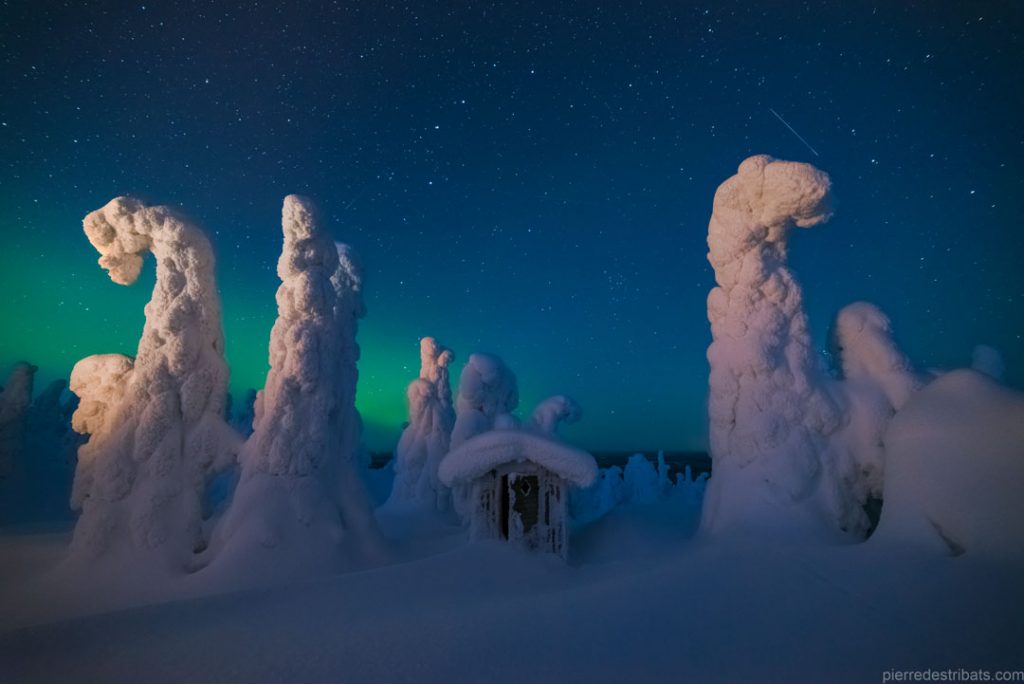TychoMonolyth
Boreal Curing
With about 20 thousand warheads each, it doesn't matter where they hit. A small field in Siberia will get it. Then the rest of us will starve.
We need to spend ONE year's military budget on Fusion energy research. Just one year and 90% of the world's problems go away.
We need to spend ONE year's military budget on Fusion energy research. Just one year and 90% of the world's problems go away.


